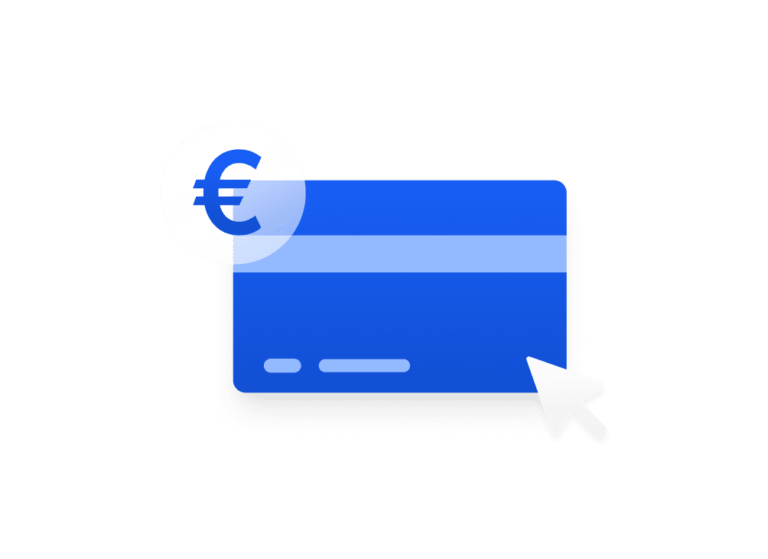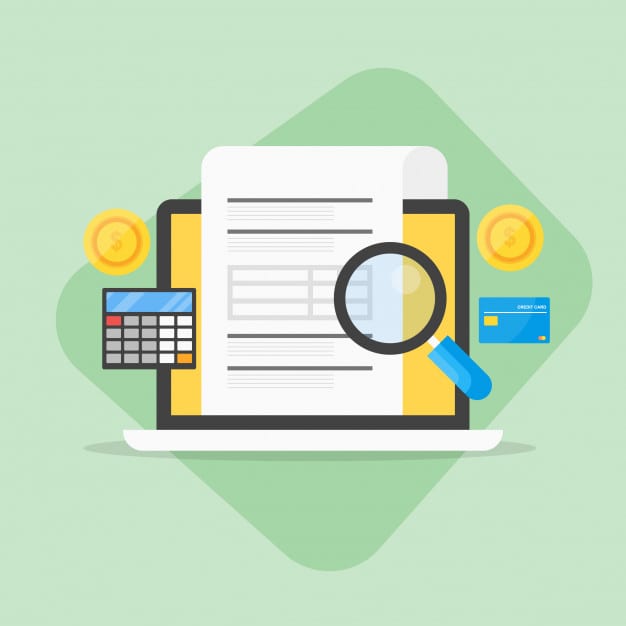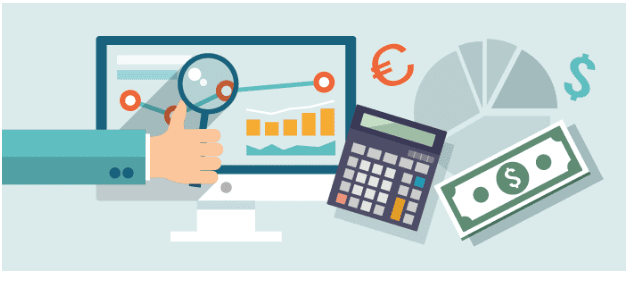Taxes—a word that strikes fear into the heart of most new start-up and small business owners. Just because you are a brand-new business doesn’t mean that small business taxes don’t apply to you; they do, and if you don’t pay them or file correctly you can find yourself in a lot of trouble.
They are complicated, though, and many small business owners struggle to understand exactly how small business taxes work and what their overall tax liability is. Can you answer these questions?
- What is the small business tax rate for 2019?
- What is the corporate income tax rate?
- What tax cuts is your business eligible for?
- Do other taxes such as payroll and unemployment apply to you?
If you can’t answer these questions, it is a good idea to take a step back and do your research (or consult an accountant—recommended!) before you make great strides with your start-up.
Already launched? Don’t sweat—you’re not in trouble yet!
4 Things You Need to Know About Small Business Taxes in 2019
This information applies to businesses based in the U.S. and registered as corporations, so if you are registered or operate in a different country, some or all of this probably won’t apply in the same way, but the overarching principles are there (e.g. income tax.)
1. The small business tax rate
One of the first things you should know about small business taxes is the small business tax rate. For 2019, this is a flat rate of 21% for all C-corporations. The 21% flat rate applies to all your start-up’s profits, though, you are not taxed on any deductible expenses such as wages, equipment costs, and running costs, so the more purchases you can (legally!) write off as tax, the better.
Make sure you keep your receipts and invoices as you could be in trouble if the IRS audit you and you can’t prove that expenses you claimed were true business costs, though.
2. You will need to pay sales taxes
As you may be aware, there is no sales tax set by the federal government in the U.S., however, 56 states and thousands of smaller localities set their own sales taxes and it is you, the business owner, who is responsible for calculating, collecting, and reporting all sales taxes to your state or local government.
This isn’t a major burden for your business as the sales tax burden is typically passed on to the customer who pays it at the time they purchase your product.
3. When to pay your small business taxes
One thing that is just as important as knowing your tax liability is making sure that you file and pay your taxes on time. If you don’t, you could be stuck with heavy fines and other punishments from both federal and state or local governments.
Most businesses need to pay estimated self-employment and income taxes on an ongoing basis. These estimated taxes are paid during the course of a year and are based on what you think your taxable income at the end of the year will be. Any person who thinks that they will be liable for more than $1,000 in taxes will need to pay their estimated taxes on a quarterly basis.
At the end of the tax year, these estimated taxes are deducted from your total tax liability. If you underpay, you simply make a payment to even it out and if you overpay, you will be given a tax refund.
4. You should get an accountant
Taxes and the overall tax system are very complicated. It is an ongoing effort that requires specialist knowledge, training, and experience to get right. Most small businesses are in touch with an accountant whose job it is to handle their accounts on their behalf throughout the year. This means that you don’t have to worry about anything we have just mentioned in this article!
Some small businesses handle their own taxes, however, do not underestimate just how much of a burden handling your own taxes can be. It is time-consuming and this can be detrimental to a company, particularly if you are a new start-up and you are the only employee.











